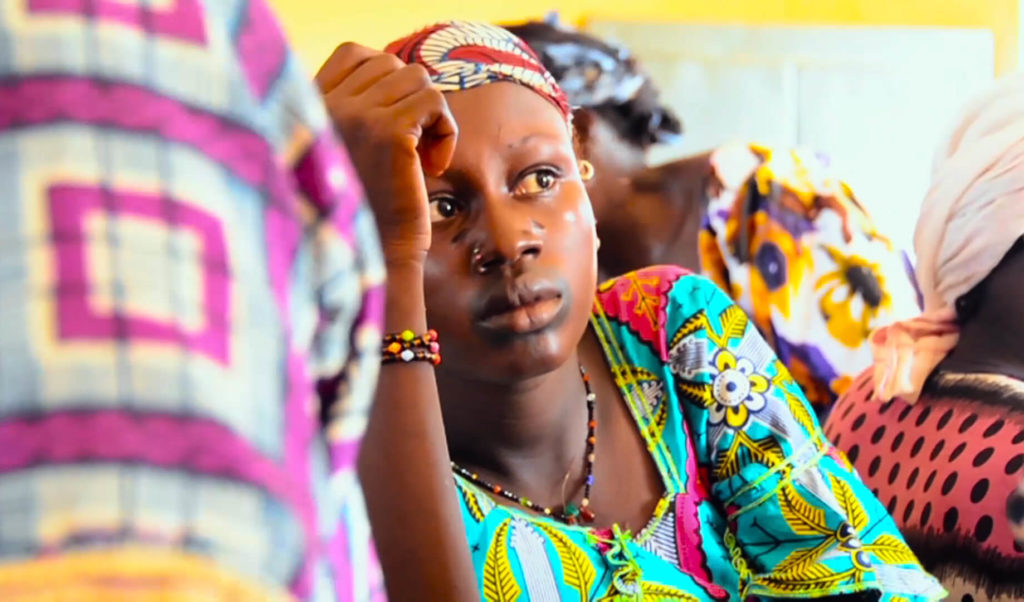Ending Gender-Based Violence and FGM in Mali, Village by Village
Ending Gender-Based Violence and FGM in Mali, Village by Village

Communities in the Mopti region of central Mali—which is home to several ethnic groups and to many people displaced by 2012 violence in the country’s northern region—continue to grapple with widespread sexual and gender-based violence (SGBV), including forced and early marriage and other harmful practices. A majority of Malian girls are married by the time they reach 18, and 15% before the age of 15. About 91% of women between 15 and 49 years old, as well as 69% of girls under 15, have undergone female genital mutilation (FGM). And, as is true in so many conflict-affected areas, widespread sexual violence has been a tragic and infuriating effect of war, dislocation, and migration.
After many years of work in Mali, both in the Mopti region and nationally, MSH is committed both to reducing the incidence of SGBV and to mitigating its devastating effects on survivors. Because harmful practices are deeply rooted in the region’s cultural, religious, economic, and social heritage, ending them requires strong and concerted community engagement and action. But the impact of this work could not be any more powerful, as we learn again and again from the women whose strength, resolve, and resilience continue to inspire us.
There’s a 15 year-old girl, raped by her cousin, pregnant, and rejected by her family, whose life was turned around by a few simple words—What happened to you is not your fault—from the MSH case manager for whom she decided to name her baby. A middle-aged mother, one of three wives and subject to constant emotional abuse and neglect from her husband, whom a project psychologist helped find the strength to “get up, resist it all, and take life on the right side.” A 25-year-old single mother, pregnant and stigmatized after she was forced to trade sex for medicine for her children, who considered suicide before she was referred for antenatal care and group therapy.
There are villages where women and girls now feel empowered to talk openly, for the first time, about the harm caused by FGM, and pressuring their religious leaders to make a clear statement against it. Communities where the practice of FGM is no longer promoted at holiday feasts and celebrations, and where both men and women now understand that genital cysts and keloids are not the result of a curse but rather the consequence of a harmful practice. And still other villages—one by one—where the practice has been abandoned completely, and where former FGM providers are now engaged in harm-prevention efforts.
These are the life-changing results of the commitment and work of community members—supported by local NGOs, the government, committed donors, and MSH—to prevent sexual and gender-based violence, end harmful practices, support gender equity, and build a health system that can provide confidential, safe, and respectful care for all survivors of SGBV.
As this cultural evolution takes place from the bottom up, so too the winds of change are rising at the national level. MSH’s National Project Director, Fatimata Kane—a trained midwife and lifelong advocate for women—sits on a technical committee charged with drafting national legislation to prevent SGBV. Meanwhile, our team is working with partners in government and civil society to carry forward the national plan to prevent FGM, and with UN agencies to strengthen the ability of their NGO grantees to contribute to SGBV prevention and referral efforts.
As these national efforts continue to grow, broad, sustained community commitment will ultimately determine their success in changing cultural practices, and we will continue to support our community partners in building that commitment.